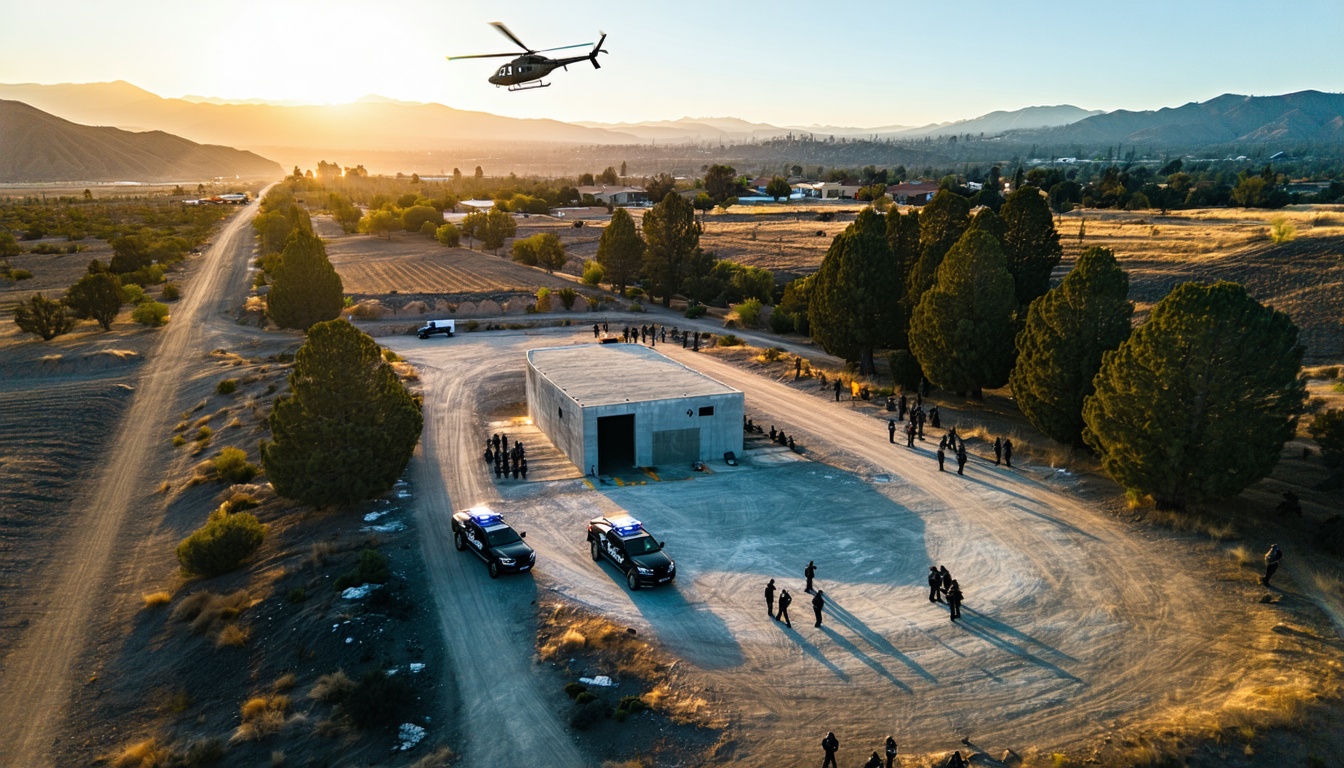DEA Judge Says Rescheduling of Marijuana Isn’t About Whether It’s ‘Good or Bad’
The first hearing in the Drug Enforcement Administration’s (DEA) review of the Biden administration’s proposal to reschedule marijuana from Schedule I to Schedule III of the Controlled Substances Act (CSA) took place on Monday. The hearing was largely procedural, with the judge emphasizing that the proceedings are not meant to determine whether marijuana is “good” or “bad.”
DEA Administrative Law Judge John Mulrooney made it clear that the hearings are focused on a narrow set of issues related to addiction potential and other regulatory matters. He stated that he doesn’t have an opinion on marijuana and that the issue is not about whether it’s good or bad, but rather about whether it should be rescheduled.
Mulrooney also addressed concerns about the DEA’s role in the proceedings, saying that the agency doesn’t have to be a “cheerleader” for the proposed rule. He did, however, express frustration with the government’s failure to provide a list of exhibits it intends to use in the hearing and gave the government a deadline to provide the list.
The hearing also touched on issues related to the potential for bias in the proceedings, with some parties expressing concerns about the DEA’s leadership and their potential influence on the outcome. The judge denied a motion to remove the agency from the proceedings, but did criticize the DEA’s responses to allegations of unlawful communication with a prohibitionist group.
The next step in the process is to determine the availability of witnesses for subsequent hearings featuring witness testimony. Mulrooney indicated that he is eyeing mid-January for those hearings to begin.
The rescheduling of marijuana would have significant implications for the cannabis industry, including the ability for licensed businesses to take federal tax deductions and remove certain research barriers. However, it would not federally legalize marijuana.
The Biden administration’s proposal to reschedule marijuana has generated significant public interest, with Vice President Kamala Harris expressing frustration with the bureaucratic process and numerous lawmakers sharing their perspectives on the proposed reform.












